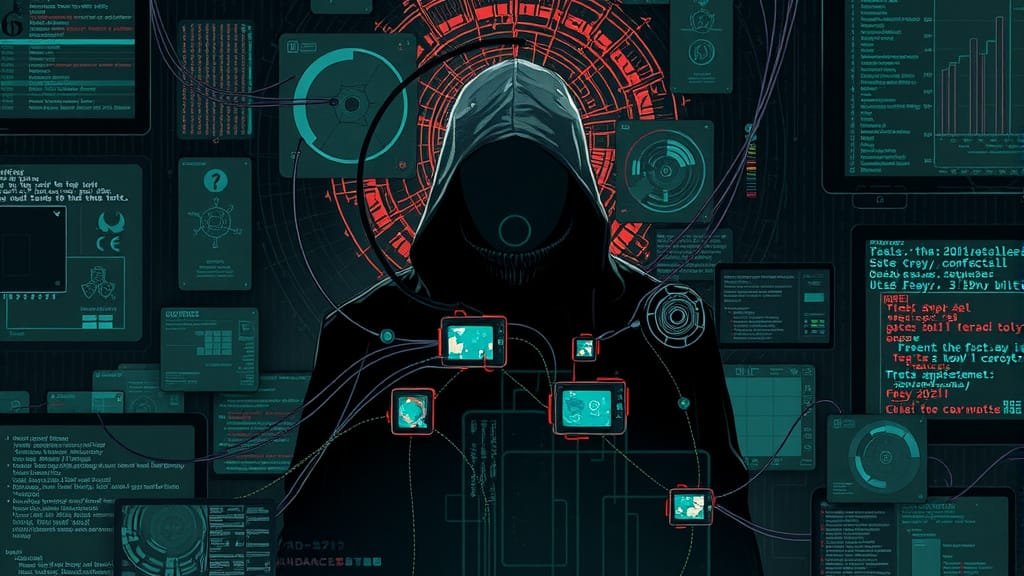The Digital Dilemma: When Safety Collides with Free Expression Online
Remember when the internet felt like the Wild West? A vast, untamed space where ideas could fly free, conversations could spark across continents, and anyone could have a voice. Well, those days feel a little distant now, don’t they? We’re in a new era, one where the very platforms designed for connection are at the heart of an intense global debate: How much should online speech be regulated, and who gets to draw those lines?
This isn’t just a philosophical discussion; it’s playing out in our daily feeds, in courtrooms, and in the halls of power, creating a complex tug-of-war between our desire for a safer online world and the fundamental principle of freedom of speech.
The Tug-of-War: Governments vs. Tech Giants
At the forefront of this debate is the escalating pressure from governments on social media platforms. From Washington to Brussels, lawmakers are increasingly demanding that tech companies take down content deemed “harmful.” We’re talking about things like hate speech, dangerous disinformation, or content that’s perceived as a threat to national security.
On the surface, who wouldn’t want less hate or fewer lies online? But here’s where it gets complicated. Critics argue that this pressure, even with the best intentions, can easily morph into censorship by proxy. Governments don’t directly ban speech, but they lean on platforms with hefty fines or legal threats if they don’t comply. This often leads platforms to over-moderate, removing content just to be safe, sometimes silencing legitimate, albeit unpopular, voices in the process.
It effectively shifts the enormous responsibility of defining “harmful” content from democratically elected bodies to private, often opaque, tech companies. Suddenly, these platforms become the arbiters of truth and acceptability, a role many are ill-equipped for, and that raises serious questions about transparency and accountability.
The AI Factor: Algorithms as the New Gatekeepers
Adding another layer of complexity is the rapid rise of Artificial Intelligence in content moderation. Imagine the sheer volume of posts, videos, and comments uploaded every second – humans alone can’t possibly review it all. So, platforms turn to AI to identify and remove problematic content at scale.
While AI offers incredible speed and efficiency, it also introduces significant concerns. There’s the issue of algorithmic bias, where AI systems, trained on vast datasets, can inadvertently (or purposefully) replicate and amplify existing societal biases, leading to disproportionate moderation against certain groups or viewpoints. Then there’s the spectre of automated censorship, where nuanced human expression might be misidentified by an algorithm and removed without human review.
And let’s not forget AI-generated content itself – things like deepfakes or sophisticated synthetic media. Should these be protected speech? Who is accountable when an AI creates harmful content? These questions are new, complex, and challenge our very understanding of authorship and responsibility online. The impact here is a potential erosion of human judgment and a subtle but powerful shift in whose voices are heard, and whose are systematically muted.
The “Free Speech Recession”: A Global Shrinkage
Beyond specific platform policies, there’s a broader, more concerning trend emerging globally, often dubbed a “free speech recession.” Even in established democracies, we’re seeing an increase in various forms of speech restrictions. Governments are citing national security, public safety, or the need for national cohesion as reasons to implement stricter laws.
This can manifest in many ways: bans on certain types of public protests, new penalties for criticism of public officials, or even more expansive definitions of what constitutes “hate speech.” While protecting vulnerable groups is crucial, the concern is that these laws can be broadly interpreted or misused to silence legitimate dissent and criticism.
The impact? A shrinking space for genuine debate and dissent. When the consequences for speaking out, even lawfully, become too high (whether through legal penalties or platform bans), it inevitably leads to self-censorship. People become afraid to voice opinions that might be unpopular, contentious, or critical of those in power. This quiet erosion of robust public discourse is a significant threat to democratic principles and the marketplace of ideas.
Navigating the Uncharted Waters
The digital age has brought unprecedented opportunities for communication, but it has also thrust us into uncharted territory regarding free speech. The tug-of-war between governments and tech, the rise of AI gatekeepers, and the global trend of increased restrictions all converge to create a complex challenge.
Protecting fundamental freedoms while ensuring online safety is not a simple task. It requires thoughtful regulation that respects human rights, transparent moderation practices, and a global commitment to fostering open, yet responsible, dialogue.
What do you think is the biggest risk to free speech in the online world today?
(Feel free to comment below)
Until Next Time

Discover more from Dominus Owen Markham
Subscribe to get the latest posts sent to your email.


